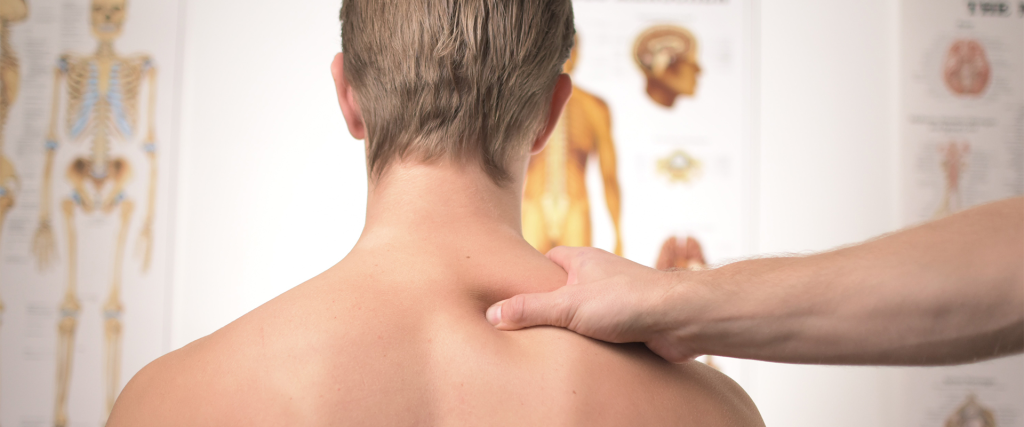
Orthopedic Issues And Their Treatments
Musculoskeletal problems can affect people of all ages, impacting movement, flexibility, and overall quality of life. From joint pain and fractures to chronic conditions like arthritis, orthopedic issues can arise due to injuries, aging, or lifestyle factors. Addressing these concerns early with the right treatment and preventive measures can help improve mobility and reduce discomfort.
Common orthopedic issues:
Orthopedic conditions range from minor injuries to complex disorders. Some of the most common ones checked by an orthopedic specialist Dubai include:
- Arthritis: Inflammation of the joints, leading to stiffness and pain.
- Osteoporosis: Weakening of bones, making them more prone to fractures.
- Tendonitis: Irritation or inflammation of tendons, often due to repetitive motion.
- Fractures and dislocations: Resulting from accidents, sports injuries, or weakened bones.
- Spinal disorders: Conditions like herniated discs or scoliosis that affects posture and movement.
Diagnosis and early detection:
Early diagnosis plays a key role in managing orthopedic conditions effectively. Medical professionals use imaging techniques such as X-rays, MRIs, and CT scans to assess bone and joint health. Regular check-ups, especially for those with risk factors like aging or a history of injuries, help in detecting problems before they worsen.
Treatment options for orthopedic conditions:
The right treatment depends on the severity and nature of the condition. Some common approaches include:
- Physical therapy: Helps improve strength, flexibility, and movement through guided exercises.
- Medications: Anti-inflammatory drugs and pain relievers provide relief from symptoms.
- Minimally invasive procedures: Techniques like arthroscopy offer quicker recovery with minimal scarring.
- Joint replacement surgery: Used for severe arthritis or damaged joints, modern implants improve mobility.
- Regenerative medicine: Stem cell therapy and platelet-rich plasma (PRP) treatments aid in natural healing.
Preventive measures for long-term health:
Preventing orthopedic issues involves maintaining an active lifestyle, adopting healthy habits, and taking precautions to avoid injuries. Some essential steps include:
- Engaging in regular low-impact exercises like swimming or walking.
- Maintaining a balanced diet rich in calcium and vitamin D.
- Using proper posture while sitting, standing, and lifting heavy objects.
- Wearing supportive footwear to reduce strain on joints.
Taking proactive steps can significantly improve musculoskeletal health and prevent complications. Consulting an orthopedic specialist can help individuals find the most effective solutions tailored to their specific needs.